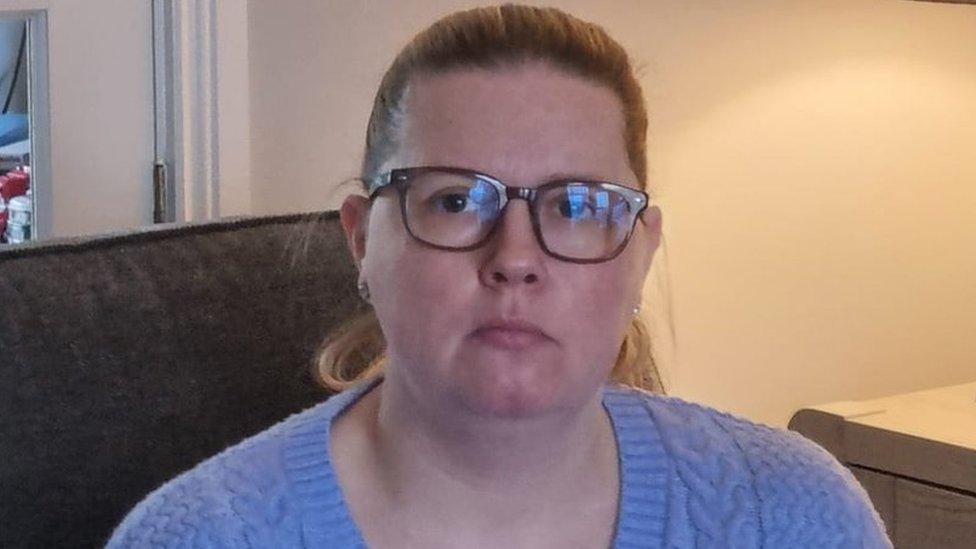Troubles victims' mental health 'destroyed' by pension payments delay
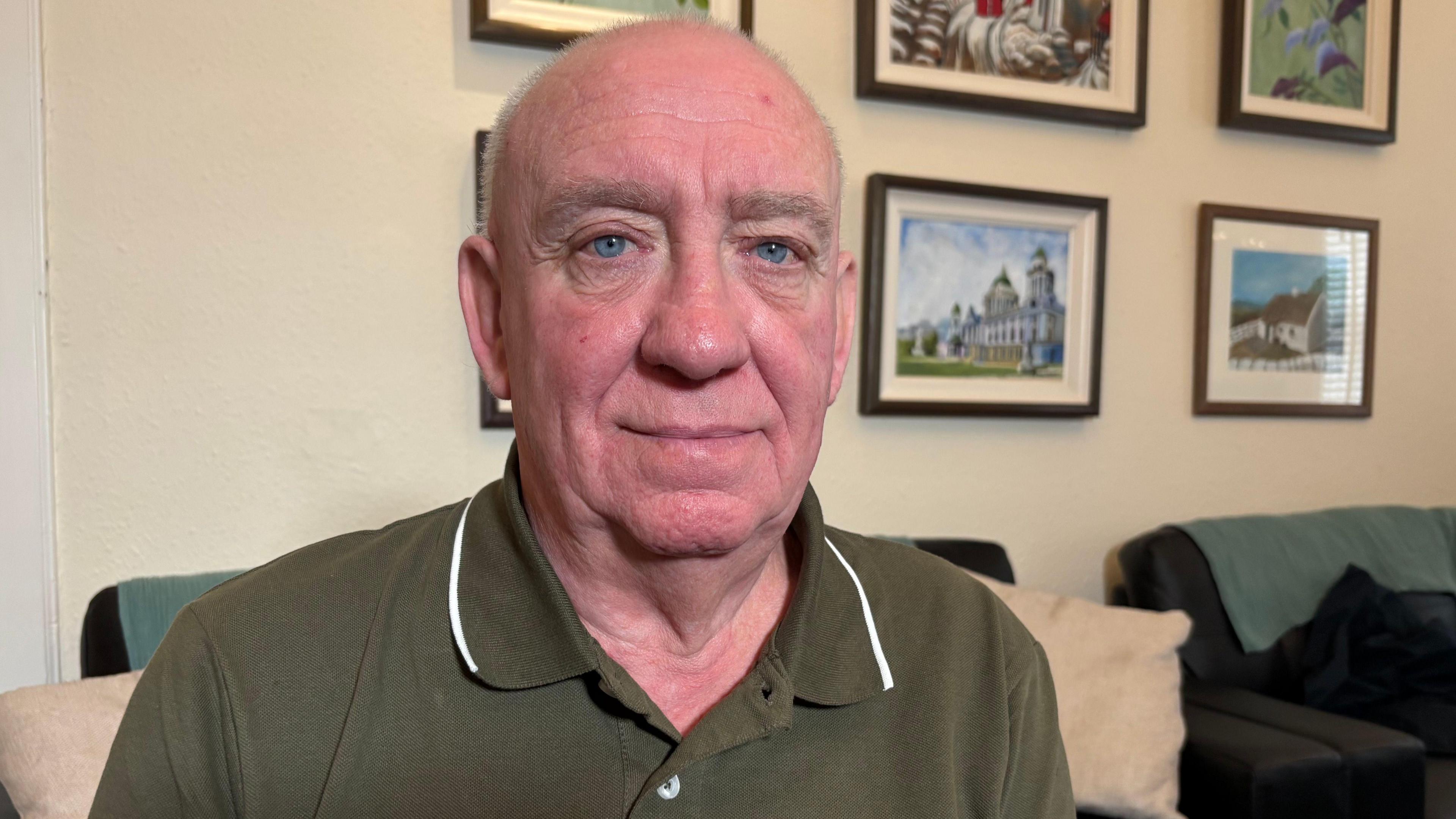
Alex Bunting lost a leg when an IRA bomb planted under his taxi exploded in Belfast
- Published
A Troubles pension scheme campaigner has claimed the mental health of victims is being "destroyed" by the length of time it takes the payments board to make decisions.
Alex Bunting was speaking as the Victims' Payments Board issued a new appeal for people to apply.
The judge who chairs the board has accepted people waiting years for decisions are at "significant risk of re-traumatisation".
So far, the scheme has received 11,800 applications and paid out on 1,700, at a total of £107m.
The scheme opened in 2021 and will close to applications next August, although processing all the claims will take several years.
People who suffered permanent physical or psychological disablement in a Troubles-related incident can receive a pension of up to £12,500 a year.
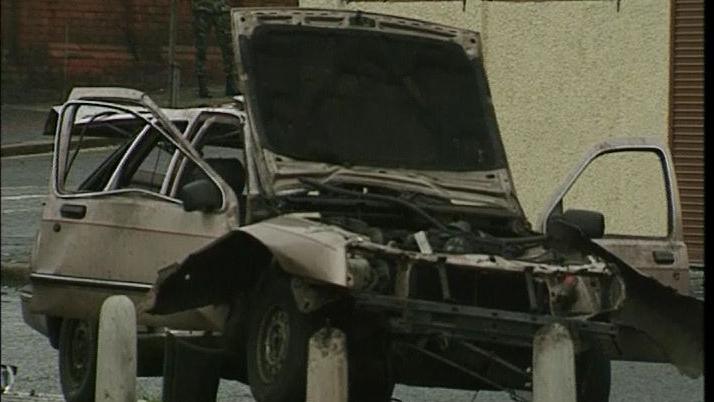
Alex Bunting believes the target of the attack on his taxi was a police officer who drove a similar vehicle
Mr Bunting lost a leg when an IRA bomb planted under his taxi exploded in Belfast in 1991.
He was among those who fought a long-running campaign for the Troubles Permanent Disablement Scheme to be introduced, which included legal action.
He believes the target of the attack on him was a police officer who drove a similar vehicle.
"I lost everything on that day," he said.
"I lost my business, I lost my livelihood, I lost my home, I lost everything. I nearly lost my life obviously, but it just destroyed me."
Mr Bunting, who was 37 at the time, said the initial compensation he received was "terrible".
His medical treatment took five years and because he could not work, it had an impact on his state pension entitlement in later life.
But he now receives an additional £250 a week under the victims' scheme.
"It was the greatest thing in my life financially," Mr Bunting said.
While it took 18 months for a decision to grant payments, he knows of other victims who have been waiting on outcomes for three or four years.
"My heart goes out to the people who are waiting now," he said.
"You've victims who are elderly people and some of them might not even see it.
"People then get frustrated and it affects their mental health. Worrying about it is destroying them."
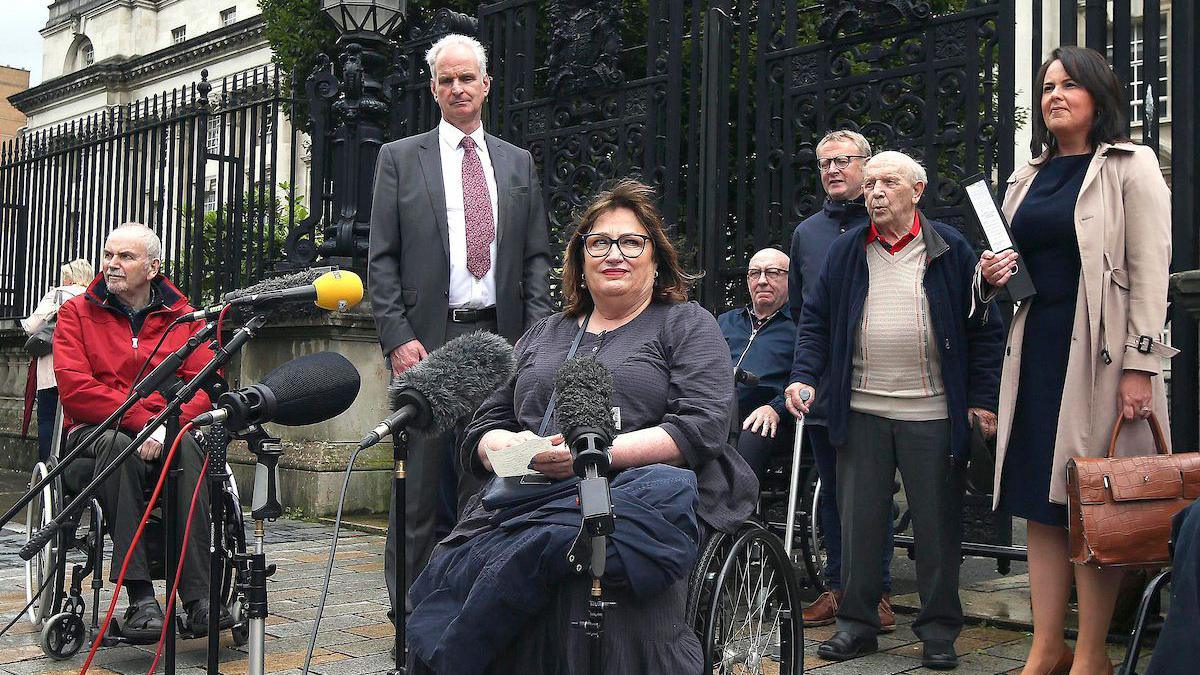
Troubles victims fought a long-running campaign for the Troubles Permanent Disablement Scheme to be introduced
'Significant risk of re-traumatisation'
The Victims' Payments Board currently has about 7,000 applications at various stages of assessment.
It said evaluating claims can be difficult, including tracing police and other records dating back more than 50 years in some cases.
Board president Mr Justice McAlinden told BBC News NI it was receiving many "bare bones" applications and it has had to "take on the role of investigator".
He accepted cases of "significant complexity" are taking longer than two years to decide upon.
"That, to my mind, is unacceptable in the sense it gives rise to a significant risk of re-traumatisation," the judge said.
"But rest assured if it is taking long, it's because the board is doing its best to ensure the applicant has as good a shout as is possible to receive a positive outcome.
"If I felt we were not doing our job properly, we were sitting on our hands, we were ignoring the applicants, I would be the first to apologise."
The chief executive of the Wave Trauma Centre, Sandra Peake, said if victims can get through the process "it's life changing".
Ms Peake added: "This is a new scheme, something unique to Northern Ireland and unique to the circumstances and we are going back to look at records back to the 1970s, all of that makes this a very complex process and causes a lot of delay.
"Naively at the very start we thought that if you have grave injuries, like Alex and others had, it would be relatively straight forward," she added.
"Communication is key, if people know and are taken through the process, with regular updates, that's really important and that hasn't happened."
More people encouraged to come forward
The board has encouraged more people to come forward, with next year's deadline in mind.
Mr Justice McAlinden said there appears to be evidence that people in Great Britain "are somewhat reluctant" to apply.
He said this especially looks like the case with military veterans.
"Their experience and memories may be such that they may well feel they just don't want to engage," he said.
"They want to put it behind them."
The board has previously issued guidance that some paramilitary-style attacks do not fall within the definition of a Troubles-related incident.
Related topics
- Published1 August 2024

- Published28 September 2023
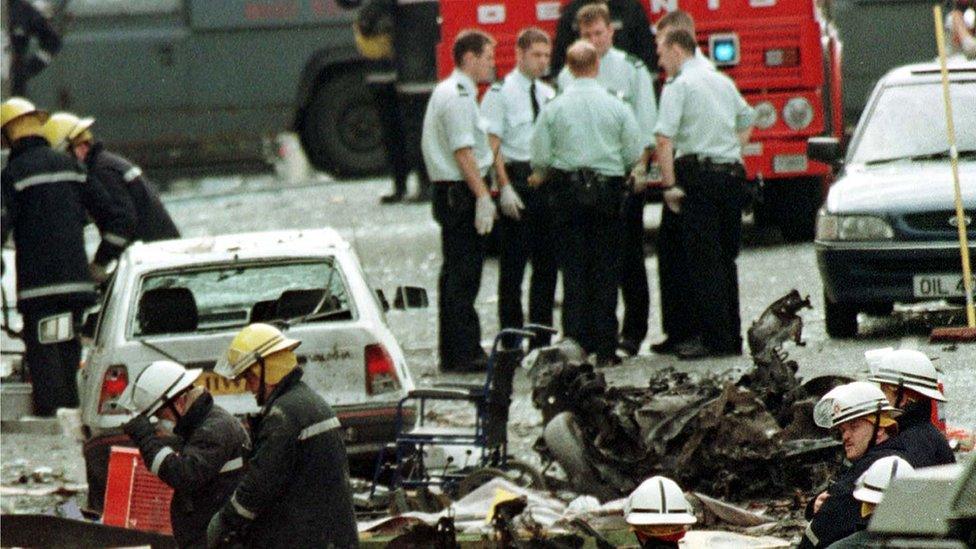
- Published4 January 2024
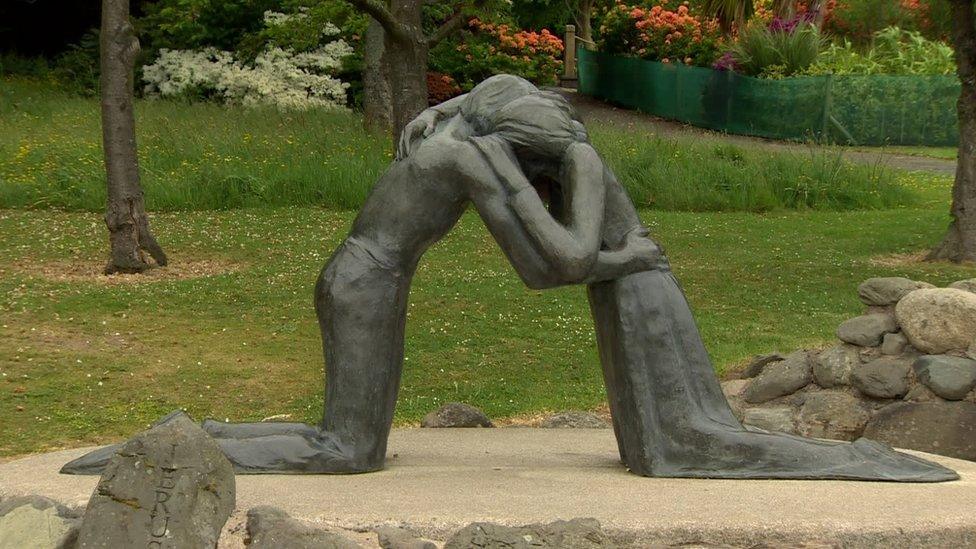
- Published17 January 2024
